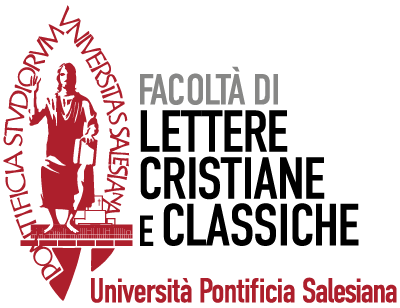Professor Jacobus Rubini ideo consilium concepit sedem interretialem "Officina Latintatis" sub auspiciis Pontificii Instituti Altioris Latinitatis condendi, ut repositorium quoddam pateret, ubi scripta Latina moderna sive neo-Latina, studium curiositatemque excitantia, proptereaque ad linguam Latinam iucunde discendam aptiora, cultoribus sermonis Romanorum suppeditarentur.
In hoc repositorio plerumque interpretamenta Latina fabularum narrationumque principio vernacule conscriptarum inveniri poterunt.
Lectoribus quoque et visitatoribus proprias interpretationes, professoribus Rubini et Lima moderantibus, in huius novae "officinae" paginis palam divulgare licebit, ut occasio detur amplius sermonem Latinum, scribendo, scil. more "vivo" et activo, excolendi, qui quidem alter est huius incepti finis praecipuus.
Vt plura cognoscas, adi paginam "Info" ipsius Officinae Latinitatis.
-----
Il progetto "Officina Latinitatis" nasce da un'idea del prof. Jacopo Rubini, con il fine di creare, sotto gli auspicii della Facoltà di Lettere Cristiane e Classiche, un sito web, che mettesse a disposizione degli studenti e degli appassionati di lingua latina degli scritti latini moderni, ovvero neo-latini, interessanti e intrattenenti e, per ciò stesso, utili ad apprendere la lingua latina attraverso letture piacevoli.
Nel sito sarà possibile trovare soprattutto versioni latine di favole e racconti originariamente scritti in volgare.
Anche i lettori e i visitatori del sito possono partecipare a questo progetto, sottoponendo ai professori Rubini e Lima le proprie versioni latine da pubblicare in questo nuovo "laboratorio", avendo così a disposizione un'occasione per scrivere in latino e coltivare la lingua in modo "vivo" e attivo: ciò che costituisce il secondo fine costitutivo di questo progetto.
Per saperne di più, visita la pagina "Info" del sito "Officina Latinitatis".
